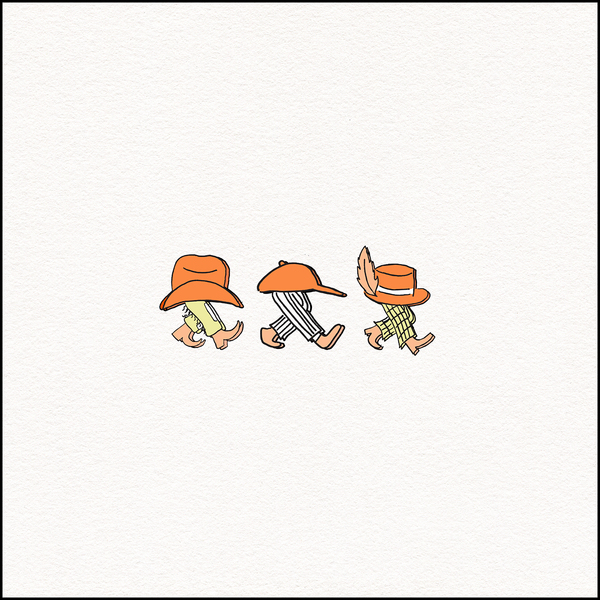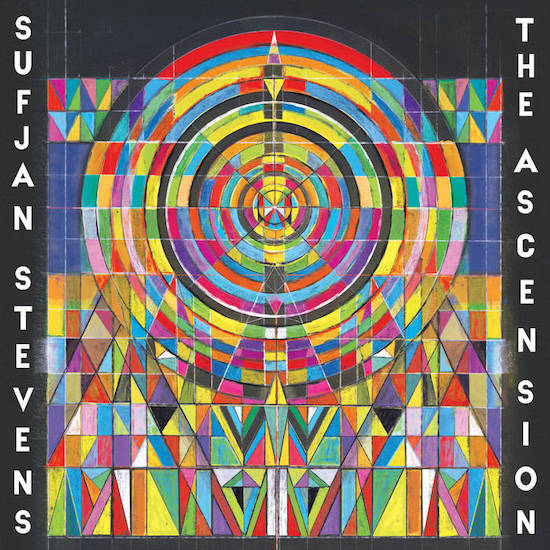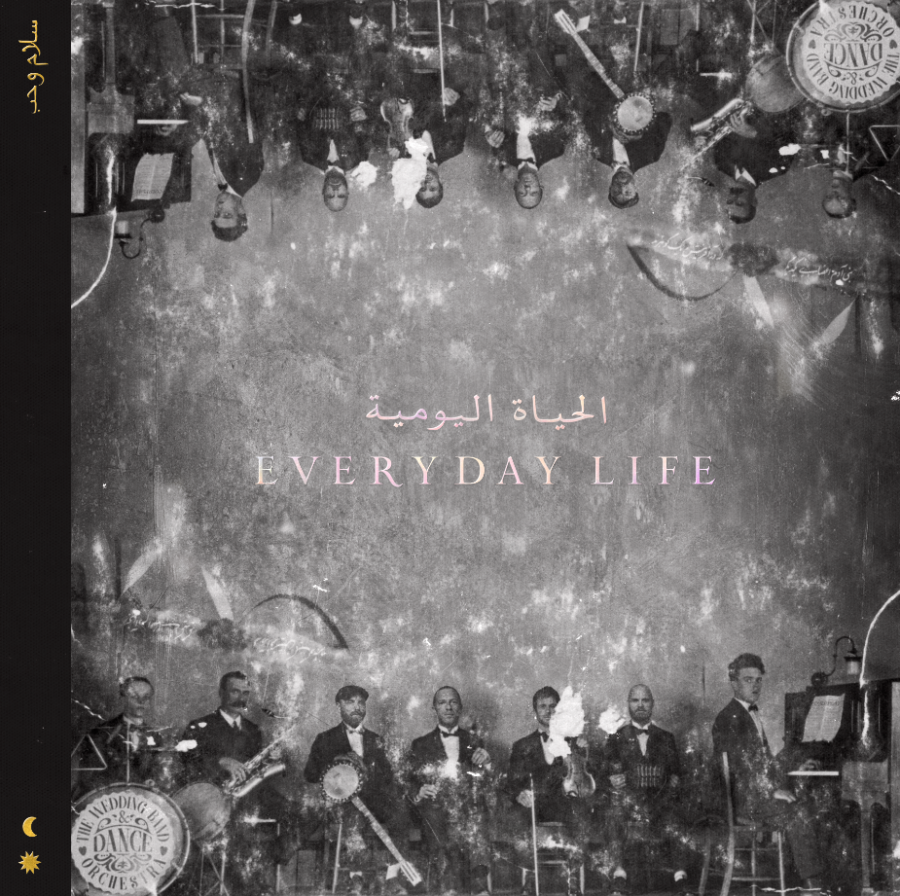Canadian singer/songwriter Abel Tesfaye, who is more widely recognized by his stage name, The Weeknd, is no stranger to his share of success. His mixtape compilation “Trilogy” received critical acclaim, and his recent single “Can’t Feel My Face” resided at the number one spot on the “Billboard” Hot 100 for several weeks before being joined by two of his other singles to hold the top three spots on the R&B record chart.
The Weeknd’s newest album, “Beauty Behind the Madness,” seeks to capitalize on this success by refining his newly adopted, radio-friendly sound. Unfortunately, the several interesting tracks that accomplish this feat are accompanied by an equal number of lackluster tracks that prevent the album from being the success it otherwise could have been.
These standout tracks, some of which were released as singles, capture The Weeknd’s singular style of dark and moody, bass-heavy instrumentation paired with his wide vocal range. Songs like “The Hills” and “Often” tackle themes of infidelity and sex, which are pretty par for the course for Tesfaye. The track “Often,” in particular, is an instantly catchy affair that features Tesfaye asserting his proficiency, or perhaps his dominance, in certain social interactions.
This is immediately followed by the club-ready “The Hills,” in which the artist makes it clear that he is not looking for a relationship based on love and commitment. If anything, The Weeknd deserves a nod of respect for having the guts to display these desires on his forehead.
Other standout tracks like “Acquainted” and “Shameless” feature the artist exploring familiar musical territory. The music in these two tracks is very somber and seductive and, in the case of “Shameless,” features primarily acoustic guitar instrumentals. The Weeknd takes the time here for honest introspection, crooning about his conflicts with love, commitment and trust.
Although Tesfaye has often garnered praise for forging new paths with his atmospheric flavor of R&B, many have taken to comparing him to Michael Jackson. To his credit, The Weeknd has adopted some of Jackson’s signature musical elements; Tesfaye’s wide vocal range and dark pop beats have established him as a mysterious bad boy of sorts.
Songs like “Can’t Feel My Face” and “In the Night” offer infectious beats and enter into the genre realm of pop when the choruses show up. With “In the Night,” Tesfaye proves that he is not afraid to tackle potentially heavy subject matter. The song, which was conceived after the artist spent a night in Marilyn Monroe’s bedroom, deals with the outcome of an abusive relationship and reveals that The Weeknd can write with maturity when he so desires.
Musically and vocally, this album is one of The Weeknd’s most diverse. He experiments on several tracks with electric guitar and drums, resulting in symphonic rock flavoring. In other tracks, he slows things down and incorporates the use of background vocals, acoustic instruments and little jazzy flares to good effect. Alternative stars Ed Sheeren and Lana Del Rey even get their own feature tracks, and their vocals and personalities keep things fresh and interesting.
However, these noteworthy efforts are often overshadowed a bit by a smattering of those weaker tracks that seem lifeless and uninteresting. The tracks’ faults become painfully obvious because of their segregation from the rest of the impressive work found in the album’s middle grouping of songs. Perhaps the weaker book-end tracks wouldn’t have seemed half so uninteresting if they had been used as breathing room between the album’s better songs.
With “Beauty Behind the Madness,” Tesfaye showcases once again his propensity for narcissism. The indifference and the attitude reveal him to be a character that is sometimes more rock star persona than melancholic R&B idol.
His lyrical ability, which hasn’t changed so much as evolved, still revolves around themes of sex, drugs and partying. The beats themselves form the perfect soundtrack for such a rock and roll lifestyle and are, without a doubt, catchy. But personally, The Weeknd has evolved into a place that makes me miss his former mysterious and atmospheric style before the necessity of going mainstream became a factor.
Unfortunately, this is just a spotty album with a few great tracks that are marred by even more weak ones. Certainly, The Weeknd succeeds a few times when reaching for greatness, but more often than not, he finds that what he is trying to grasp remains just out of reach.












